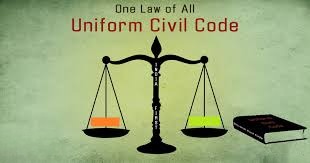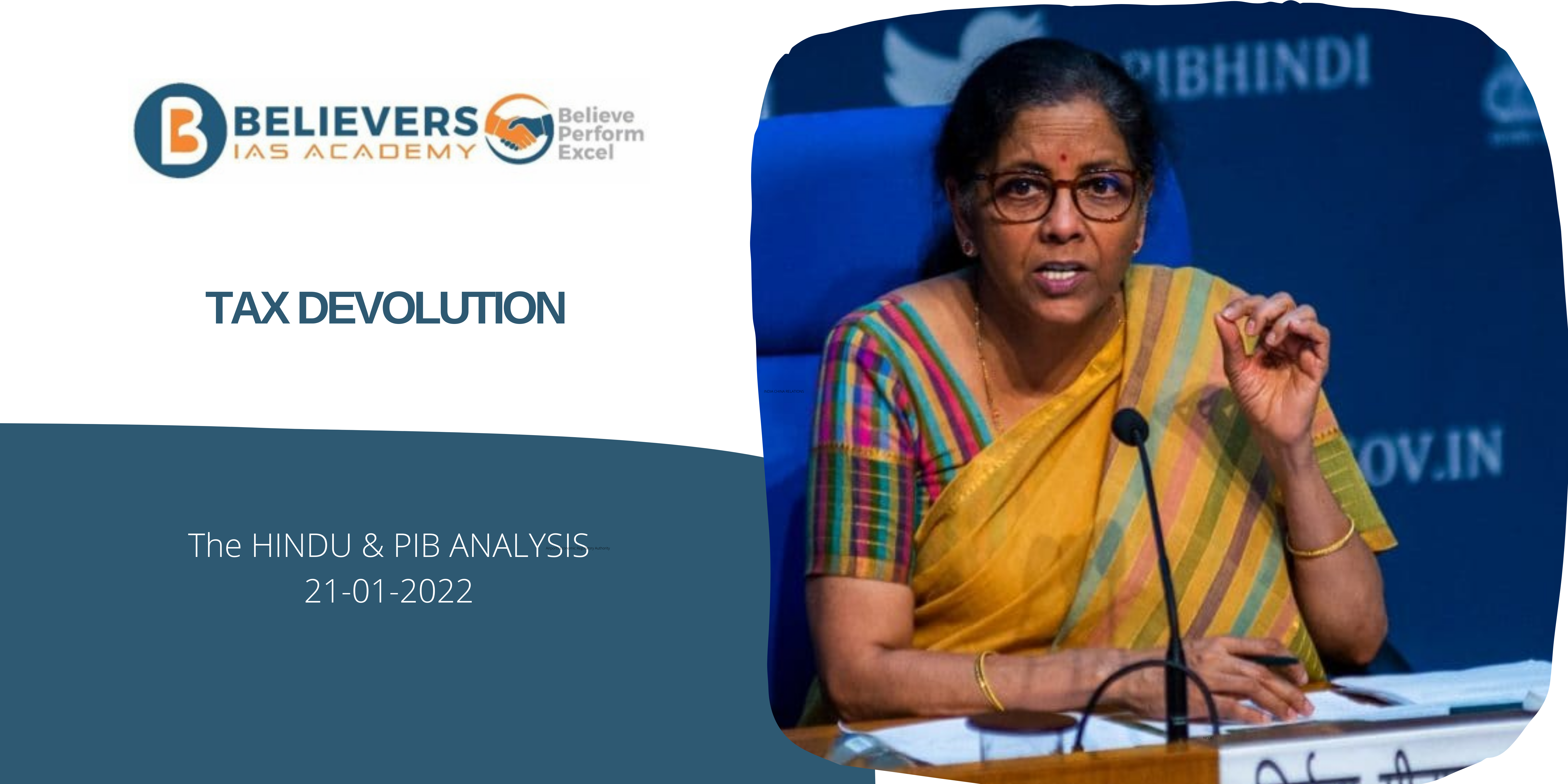Strike a fine balance, have a just civil code.
Context:
- On June 14, the Law Commission of India decided to seek public opinions and proposals regarding the Uniform Civil Code (UCC). This move comes after a five-year hiatus during which the Commission had concluded that the UCC was neither necessary nor desirable.
- The topic of the UCC is highly contentious in India, with ideological and political rivalries surrounding it.
Relevance:
GS-02 (Fundamental Rights, DPSP)
Prelims:
- Uniform Civil Code
- Article 44
- Article 25
- Article 14.
Mains Questions:
- Discuss the concept of personal laws and the dilemma between personal and religious autonomy versus the state’s authority to reform familial relations in the context of the Uniform Civil Code in India. (250 words)
- Analyze the implications of cultural diversity and multiculturalism in the formulation of the Uniform Civil Code, emphasizing the importance of unity without compromising on individual and community rights. (250 words)
What is Uniform Civil Code?
-
- The Uniform Civil Code (UCC) aims to establish one law for the entire country, applicable to all religious communities in personal matters like marriage, divorce, inheritance, adoption, etc.
- Article 44 of the Constitution emphasizes the state’s endeavor to secure a UCC for all citizens in India.
- Article 44 is part of the Directive Principles of State Policy (DPSP), which are fundamental principles in governance but not enforceable by any court.
- In India, there are already uniform codes in place for various civil matters, including the Indian Contract Act 1872, Civil Procedure Code, Transfer of Property Act 1882, Partnership Act 1932, Evidence Act 1872, etc.
- Despite these uniform civil laws, there is still diversity due to numerous amendments made by different states.
Dimensions of the article:
- Autonomy versus Authority.
- Unity more than Uniformity
- Hurdles on the Path Ahead
Autonomy versus Authority
- The question of personal laws revolves around the conflict between personal and religious autonomy and the state’s authority to reform familial relations. Advocates argue that each religious group should seek its own reforms, citing the cultural autonomy enjoyed by these groups. This has led to the adoption of internal law reforms or voluntary adoption of the UCC in certain cases. However, it is essential to note that recent laws such as those addressing inter-faith marriages, commonly referred to as “love jihad” laws, violate the spirit of the Special Marriage Act.
- Moreover, regional differences exist within personal laws. For instance, Kerala abolished the Hindu Joint Family in 1975, while Muslim marriages and divorces are registered under different laws in various states. Adoption is permissible for Kashmiri Muslims but regulated differently in other regions.
- Currently, not only Muslims but also Hindus, Jains, Buddhists, Sikhs, Parsis, and Jews are governed by their respective personal laws. The determination of which personal law applies to an individual or group is based on their religious identity. Even the reformed Hindu Personal Law under the Hindu Marriage Act, 1955, mandates certain rituals and practices. Interestingly, when two Hindus marry under the Special Marriage Act, they continue to be governed by Hindu Personal Law. However, if two Muslims marry under the same act, they are no longer governed by Muslim Personal Law.
Unity more than Uniformity
- The Indian Constitution reflects a culmination of India’s integrative traditions rather than being the starting point. It prohibits discrimination in all forms and upholds cultural accommodation through Article 29(1), which safeguards the distinctive culture of all citizens. It is essential to question whether practices such as polygamy or arbitrary unilateral divorce, even in anger or while intoxicated, can be considered part of the culture of Indian Muslims.
- While unity is of greater significance than uniformity, it is crucial for the proposed UCC to embody India’s “mosaic model” of multiculturalism, acknowledging and preserving its diverse cultural fabric. The homogenization of religious identities, as witnessed during British colonial rule, must not overshadow the flourishing diversity within Hindu and Muslim communities.
- The Indian Constitution accommodates and celebrates group differences, adopting both integrationist and restricted multicultural approaches. While affirmative action policies align with the former approach, state assistance to minority cultures is often criticized as appeasement. Therefore, it is necessary to strike a balance between cultural accommodation and the pursuit of substantive equality and gender justice goals enshrined in the Constitution. A just code that promotes equality should be the primary objective, rather than a mere uniform law.
Hurdles on the Path Ahead
- It is crucial to recognize that when a community feels threatened, collective esteem becomes tied to the community, leading to stronger community allegiance. Hence, it is hoped that the Law Commission of India will not contribute to reactive culturalism among different communities, including Muslims. The Muslim community should understand that Muslim Personal Law (MPL) and Islam are not synonymous. MPL, derived from Anglo-Muhammadan law, is not entirely divine and can be reformed.
- The path ahead toward secularization of socio-religious-cultural practices faces inevitable challenges. The Commission must strike a delicate balance, eliminating only those practices that contradict constitutional benchmarks. As political philosopher Iris Young argued, the value of social difference is relational and a product of social processes. Therefore, the Commission must navigate the complexities and ensure the elimination of unjust practices while respecting cultural diversity and individual rights.
Way Forward:
- As the Law Commission undertakes the task of formulating recommendations for the Uniform Civil Code, it should prioritize preserving India’s multicultural diversity and ensuring justice, equality, and gender rights.
- Balancing the autonomy of different religious groups with the state’s authority to reform familial relations is a complex endeavor. The Commission should engage with communities, progressive jurists, and religious leaders to foster dialogue and identify discriminatory and oppressive aspects of personal laws.
- By promoting inclusive reforms and upholding constitutional principles, the Commission can pave the way for a just and harmonious society.
Conclusion:
India’s journey toward preserving its multicultural diversity encounters challenges as it addresses the issue of the Uniform Civil Code. While personal and religious autonomy must be respected, it is imperative to ensure that personal laws are consistent with constitutional principles of equality and justice. The pursuit of unity should not overshadow the importance of diversity and cultural pluralism. The Law Commission of India’s recommendations should strike a balance, eliminating discriminatory practices while respecting community identities and rights. By upholding the mosaic model of multiculturalism, India can achieve a just and inclusive society that embraces its rich cultural heritage.





